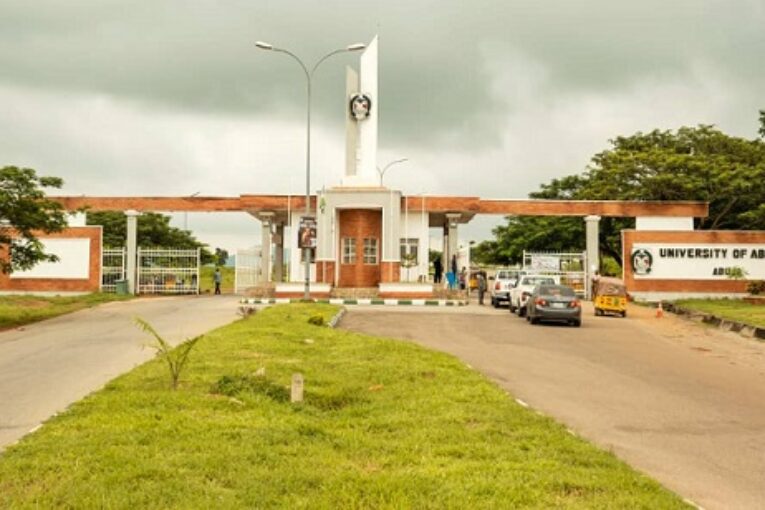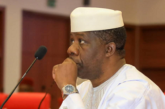
The University of Abuja has taken the lead in promoting a regional lingua franca to foster unity, stability and economic growth in West Africa.
The university’s focus is on the Guosa language, an indigenous lingua franca for the region created by Prof. Alex Igbineweka.
The initiative gained momentum during the 2024 Annual Guosa Language Day celebration, held at the University of Abuja over the weekend.
Representing the university, Acting Vice Chancellor Prof. Aisha Maikudi emphasized the institution’s commitment to promoting Guosa.
She stated, “Language is a fundamental aspect of human culture and society. It allows us to share knowledge and understand each other. I believe that the Guosa language uses symbols to foster understanding and unity, which can bring peace and economic growth in West Africa. When we understand each other, there is no need for conflict, benefiting the ECOWAS sub-region overall.”
Maikudi added that the university’s linguistics department, led by Dr. Zuwaira Mahe, is driving the language’s development. Collaborations with regional and international institutions are underway to promote Guosa’s usage.
Professor Igbineweka, a renowned linguist who developed Guosa to bridge the language gap and promote regional understanding, highlighted the lingua franca’s potential benefits, which include enhancing regional trade, tourism, and cultural exchange. According to him, it also aims to promote political stability, democracy, and identity in West Africa.
According to him, Guosa incorporates elements from over 200 West African languages, including Hausa, Igbo, Yoruba, and others
He added that the Economic Community of West African States (ECOWAS), comprising 15 countries, will benefit from Guosa’s unifying effects.
Igbineweka explained, “West Africa is home to three language families: the Niger-Congo, Afro-Asiatic, and Nilo-Saharan, which represent over 500 recognized languages—not including commonly spoken colonial languages such as English, French, Spanish, and Portuguese.
“Growing up in Nigeria in the 1950s and 60s, I was exposed to not only colonial English and Nigerian Pidgin English, but also my mother tongue Edo, as well as Igbo, Yoruba, Hausa, Efik, Urhobo, Izon, Kalabari, and Fulfulde.
“Guosa represents a lifetime of work. From my early youth, I created the language from my dreams, a divine message… I answered the call of nature by creating an indigenous national language for my motherland, Nigeria, and then expanded it to the neighboring ECOWAS region of West Africa.”
In the same vein, Ambassador Lilian Ezenduka, a Guosa language promoter, highlighted the language’s potential to foster connections and trust among West African nations.
She noted similarities between Nigerian languages and those in Ghana, emphasizing Guosa’s role in enhancing regional understanding.




